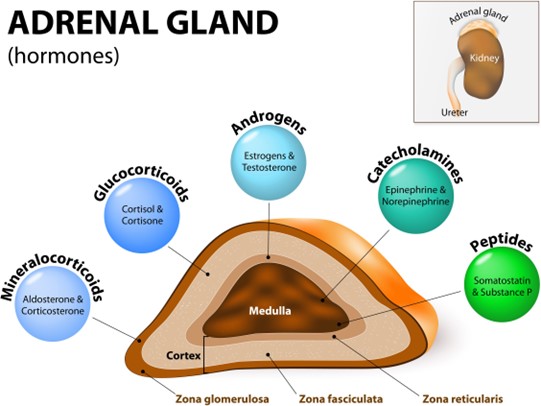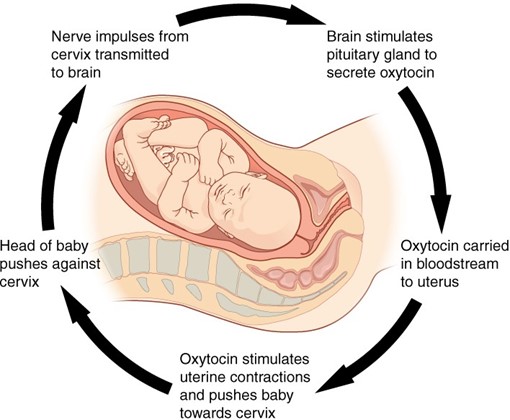The antibodies produced in allergic reactions:
Belong to the immunoglobulin E group.
Are called allergens.
Belong to the immunoglobulin G group.
Are secreted by mast cells.
The Correct Answer is A
The antibodies produced in allergic reactions belong to the immunoglobulin E group.
These antibodies bind to an allergen, triggering a release of histamine, which causes allergy symptoms.
They also help to fight parasitic infections.
Choice B is wrong because allergens are not antibodies, but substances that cause an allergic reaction.
Choice C is wrong because the antibodies that belong to the immunoglobulin G group are not involved in allergic reactions, but in fighting bacterial and viral infections.
Choice D is wrong because mast cells are not antibodies, but cells that release histamine and other chemicals when activated by IgE antibodies.
Nursing Test Bank
Naxlex Comprehensive Predictor Exams
Related Questions
Correct Answer is B
Explanation

Epinephrine, also known as adrenaline, is a hormone that the adrenal medulla secretes in response to stress or low blood sugar levels.
It helps the body react to stress by increasing blood pressure, heart rate, oxygen delivery to muscles, and blood sugar levels.
Choice A is wrong because mineralocorticoids are hormones that the adrenal cortex secretes, not the adrenal medulla.
They help regulate the balance of sodium and potassium in the body.
Choice C is wrong because glucocorticoids are also hormones that the adrenal cortex secretes, not the adrenal medulla.
They help control the body’s use of fats, proteins, and carbohydrates, suppress inflammation, and regulate blood pressure and blood sugar.
Choice D is wrong because aldosterone is a specific type of mineralocorticoid that the adrenal cortex secretes, not the adrenal medulla.
It helps regulate the balance of sodium and water in the body.
Correct Answer is C
Explanation
Uterine contractions during childbirth illustrate a positive feedback mechanism.

A positive feedback mechanism is a process in which the end products of an action cause more of that action to occur in a feedback loop.
This amplifies the original action.
For example, when a woman goes into labor, the pressure of the baby’s head on the cervix stimulates nerve impulses that travel to the brain and trigger the release of oxytocin, a hormone that causes the uterus to contract.
The contractions increase the pressure on the cervix, which stimulates more nerve impulses, more oxytocin, and more contractions.
This cycle continues until the baby is delivered.
Choice A is wrong because body temperature control is an example of a negative feedback mechanism, which is when the end results of an action inhibit that action from continuing to occur.
For example, when the body temperature rises above normal, the skin sweats, and blood vessels dilate to release heat.
This lowers the body temperature back to normal and stops sweating and dilation.
Choice B is wrong because control of blood sugar is also an example of a negative feedback mechanism.
For example, when the blood sugar level rises after a meal, the pancreas secretes insulin, a hormone that helps cells take up glucose from the blood.
This lowers the blood sugar level back to normal and stops the insulin secretion.
Choice D is wrong because maintaining blood pressure is another example of a negative feedback mechanism.
For example, when the blood pressure drops due to blood loss or dehydration, the heart beats faster and stronger, and the blood vessels constrict to increase the blood pressure.
This restores the blood pressure back to normal and stops the heart rate and vessel constriction.
Whether you are a student looking to ace your exams or a practicing nurse seeking to enhance your expertise , our nursing education contents will empower you with the confidence and competence to make a difference in the lives of patients and become a respected leader in the healthcare field.
Visit Naxlex, invest in your future and unlock endless possibilities with our unparalleled nursing education contents today
Report Wrong Answer on the Current Question
Do you disagree with the answer? If yes, what is your expected answer? Explain.
Kindly be descriptive with the issue you are facing.
